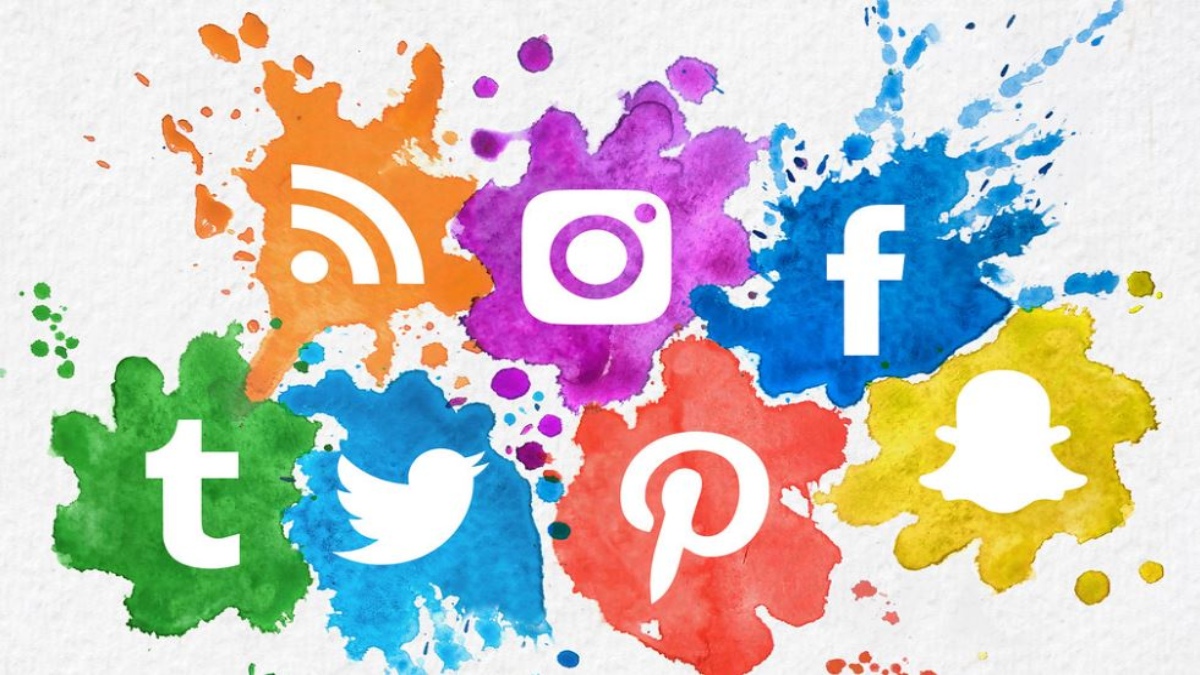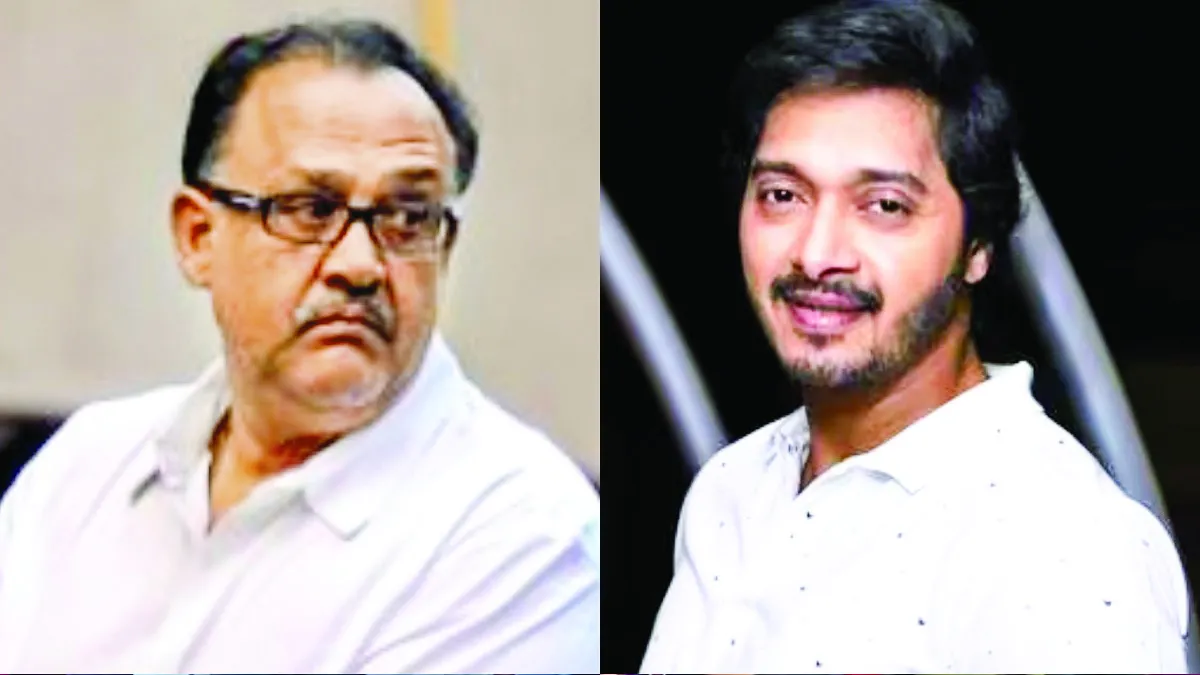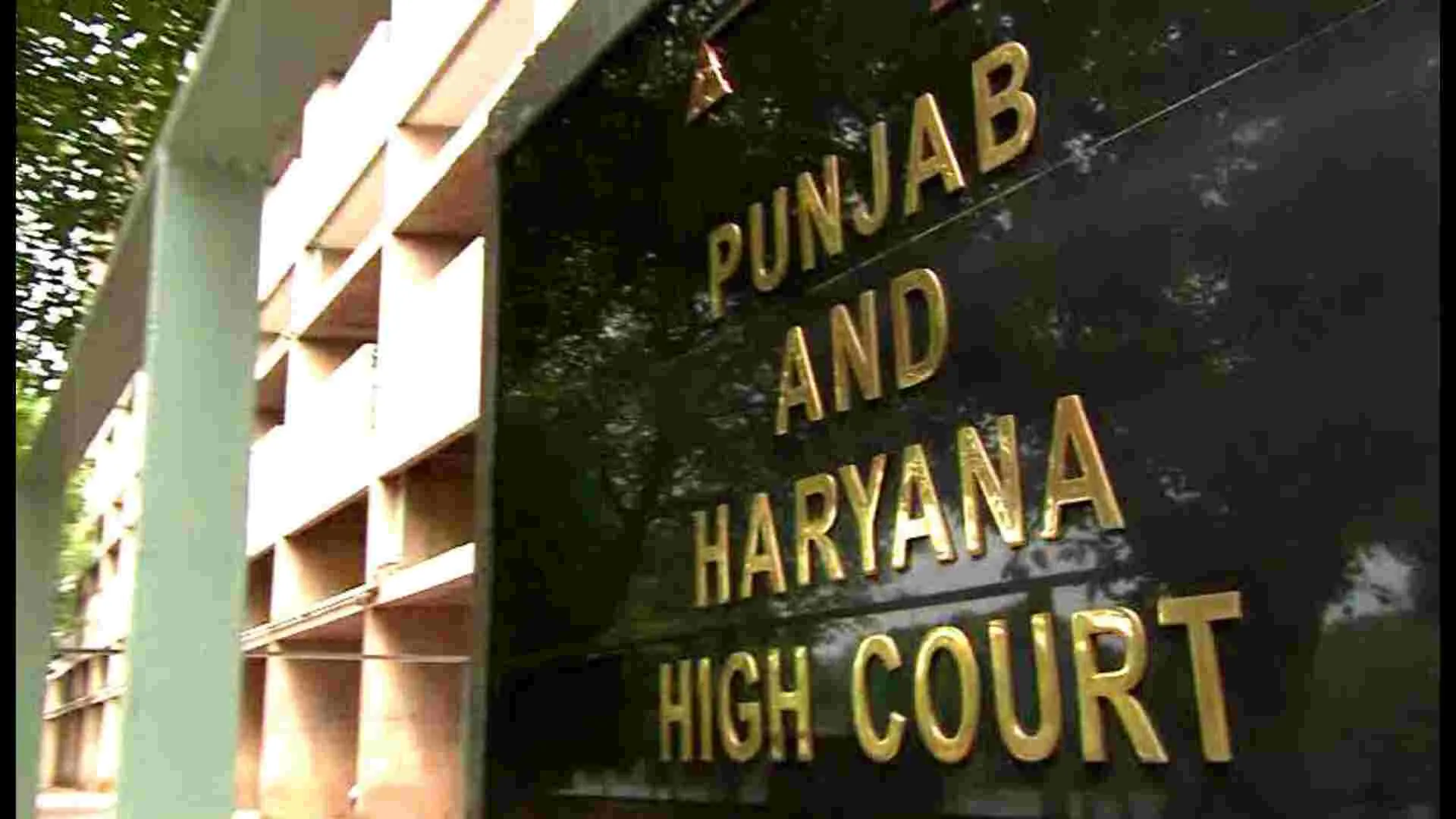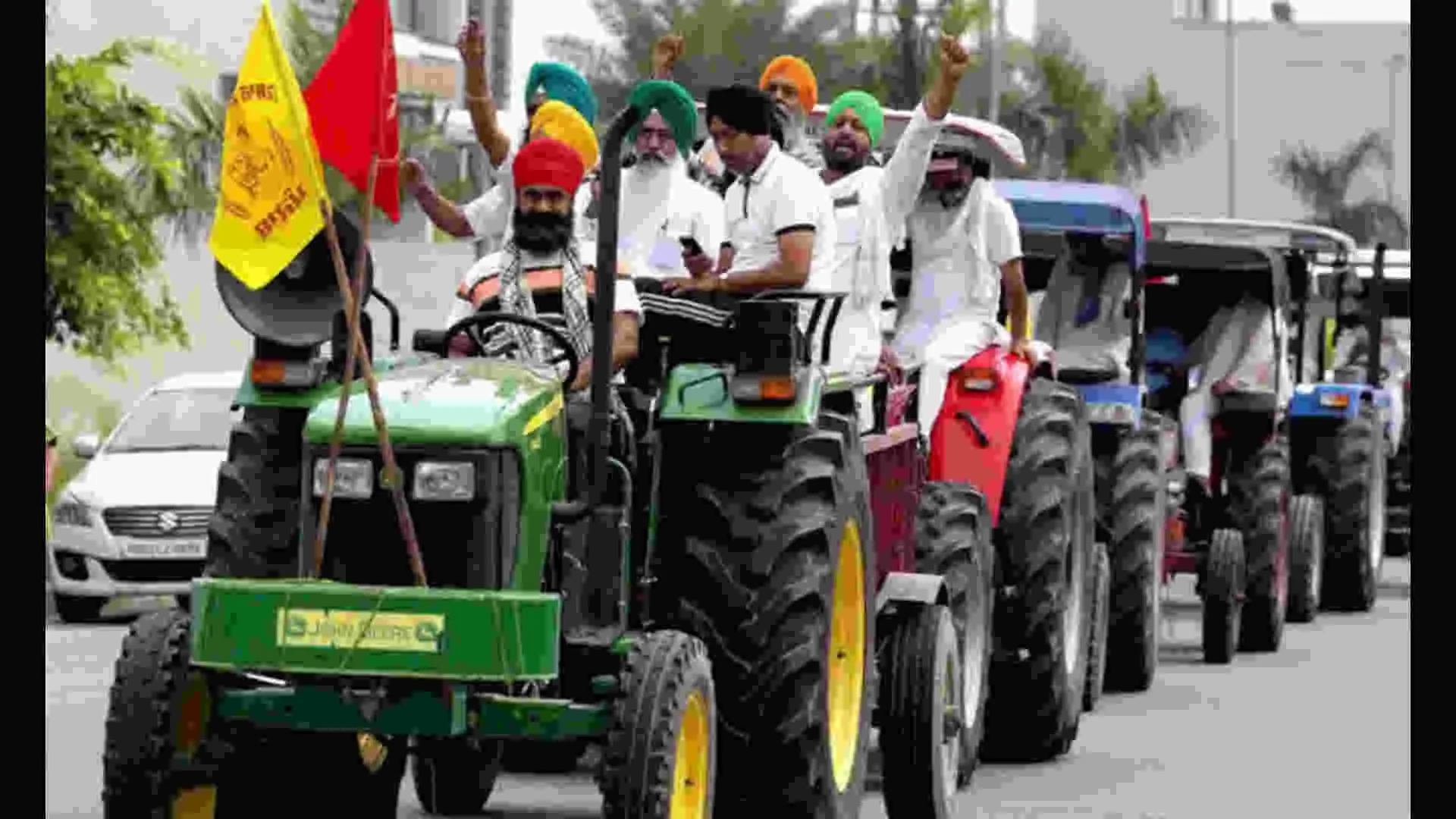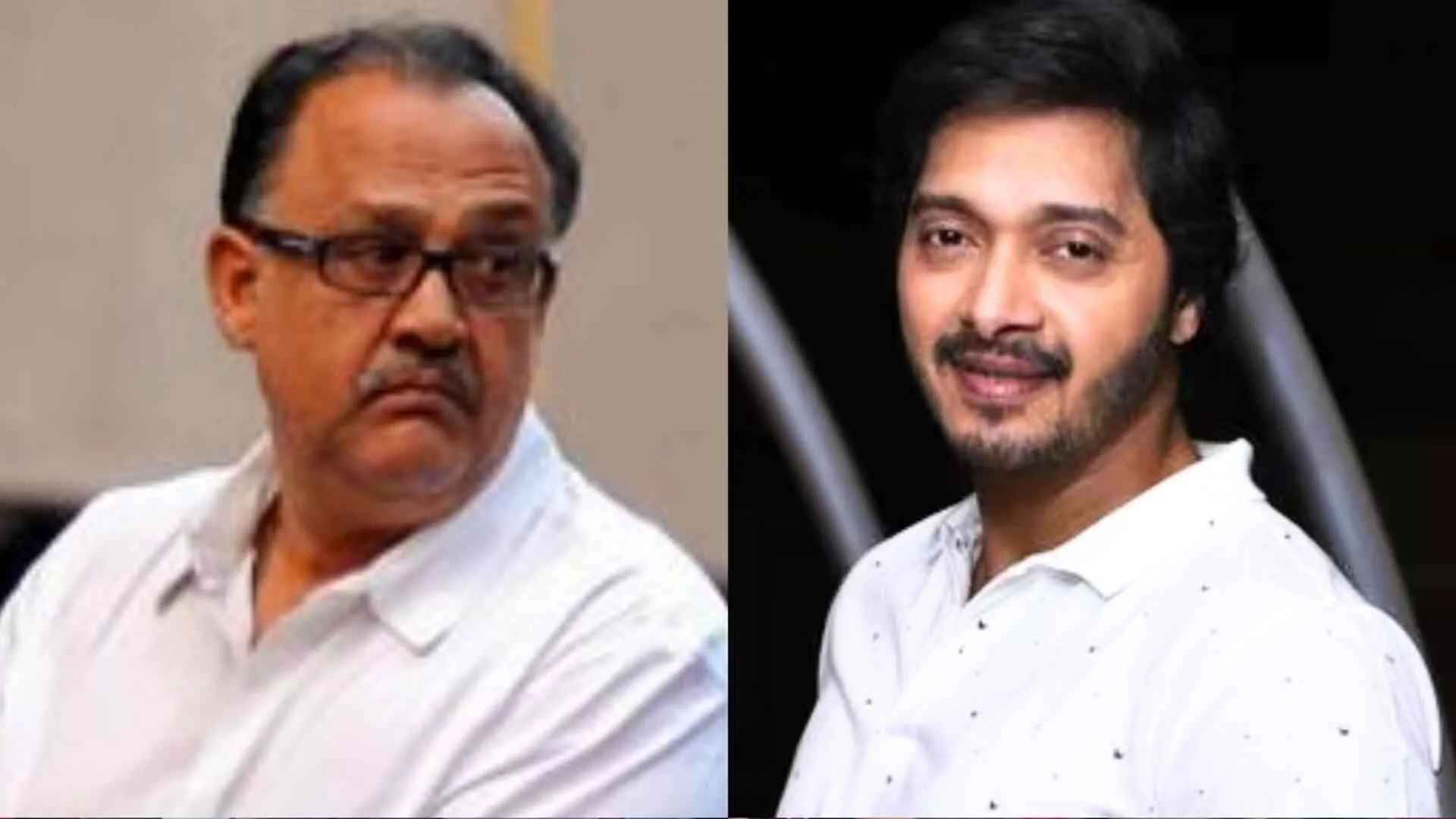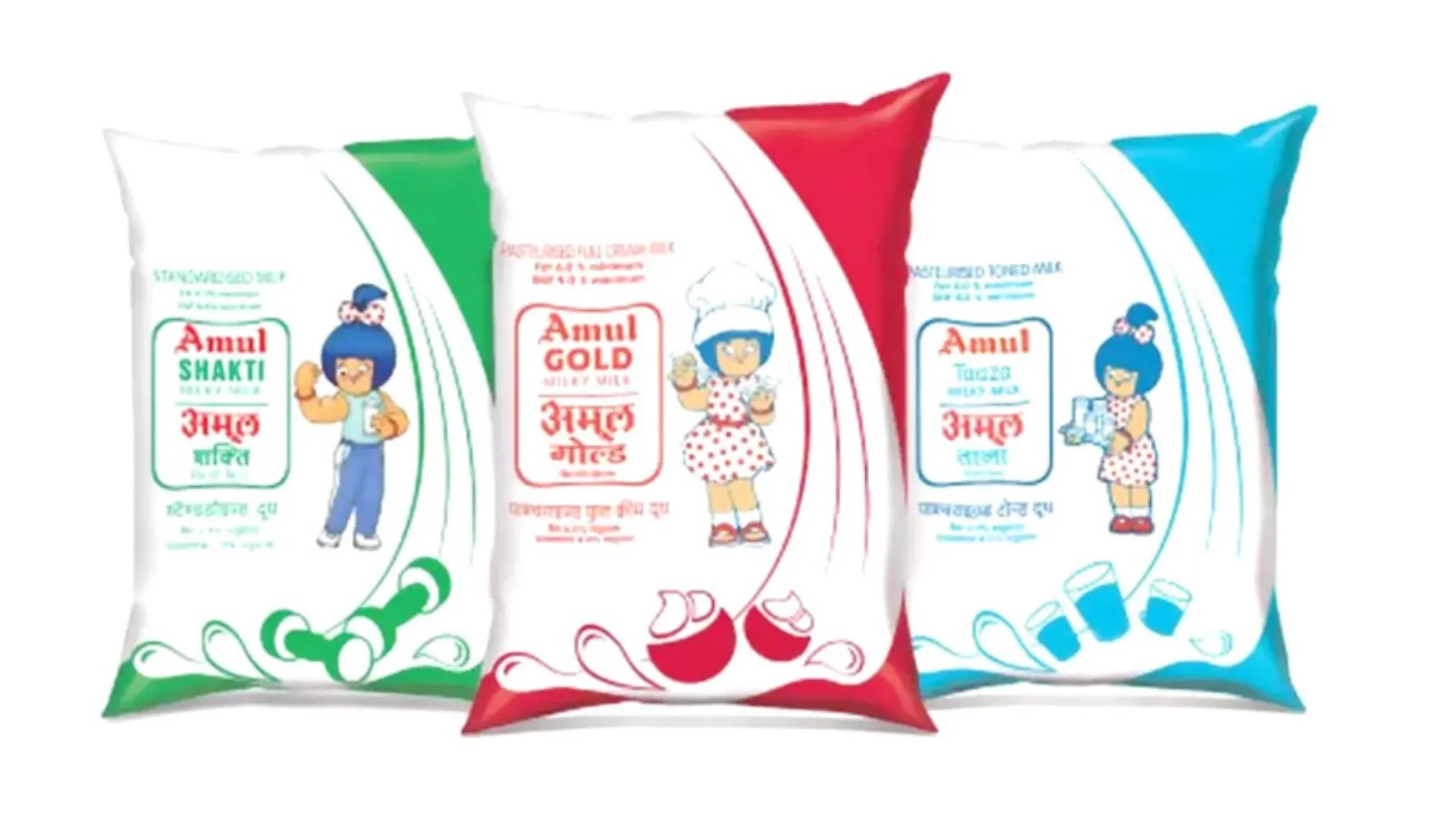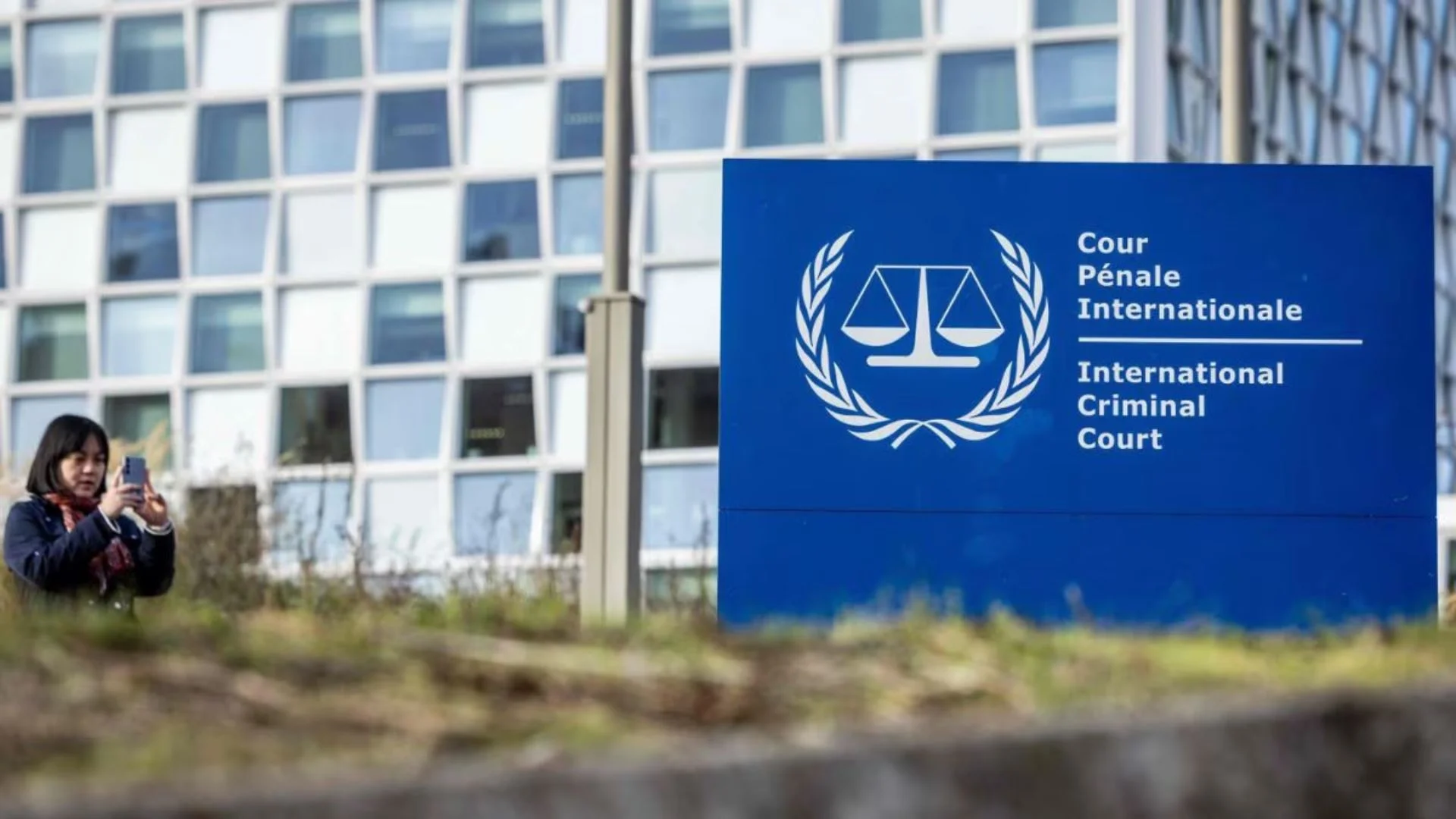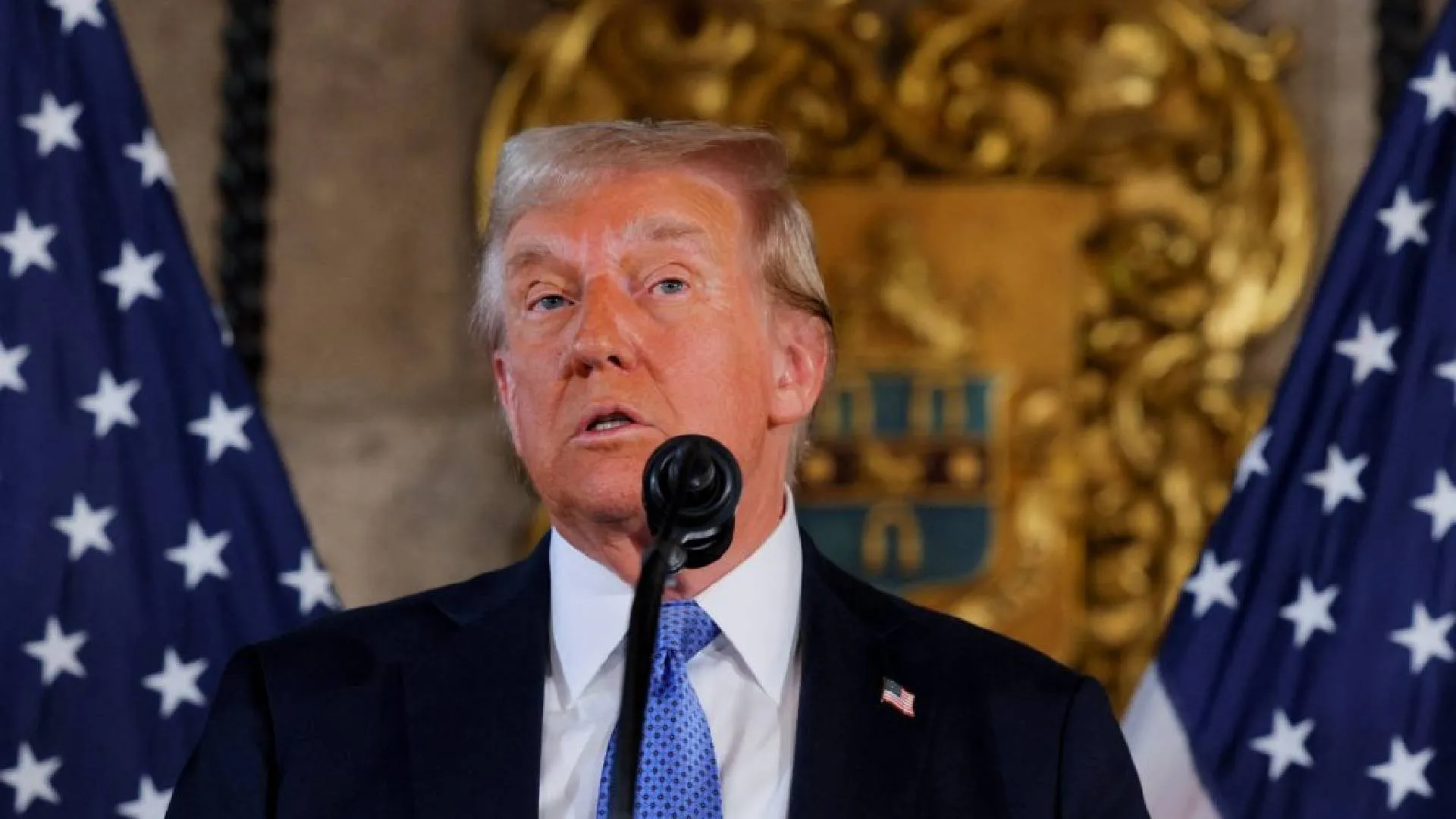The creation of strategic narratives is at the core of modern communication strategies in business, politics and even in warfare. The battle of narratives has become the bedrock of international politics, and social media has emerged as a powerful tool in this battle. Social media distinguishes itself from the other means of communication because it empowers individuals to engage in ways unseen before. An individual pertaining to a particular ideology can promote its propaganda in a number of unique ways to shape opinions of others. In the present scenario, social media platforms are being used in such a way as to manipulate the opinions of others and to influence the outcomes in such a way that these are posing difficulties to policymakers, military leaders and intelligence agencies.
The transmission of information has become ubiquitous. In India, about 448 million people actively use different social media platforms. The nation on numerous occasions has witnessed how social media trends can shape opinions of the masses and based on such information shared on different handles people are constantly leaning towards different political ideologies. We all have been a witness to many such narratives trending on platforms like Twitter be it #MeToo campaign or #NotMyPM. During this pandemic, we witnessed how people came together to provide help to those in dire need of it, through tweets and Facebook posts, which only goes to show how these platforms can either be of great use to a nation or create controversies to such an extent that it may sometimes pose threat to the peace and tranquility of the nation, depending on how it is used.
The Government of India, to better regulate such platforms, announced New IT Rules under Information and Technology Act, 2000 in February 2021, to which these social media platforms were given 3 months to comply with. The new rules mandate these social media giants to frame a larger grievance redressal mechanism which will include a Chief Compliance Officer, a Nodal Contact Person and a Resident Grievance Officer. The platforms are required to publish this information on their websites and guide users to make a complaint against any objectionable content. These complaints are then required to be acknowledged within 24 hours of the receipt and needs to be addressed within 15 days. After the amendment in the policy, #twitterbaninindia started to trend on social media platforms which cannot be further from the truth since the new law does not impose any kind of ban on social media platforms rather simply places them under a higher level of scrutiny pertaining to the kind of content that is being shared using their platforms. Section 2(w) of the Information and Technology Act, 2000 defines an intermediary as “any particular electronic message means any person who on behalf of another person receives, stores or transmits that message or provides any service with respect to that message”. According to Section 79, IT Act (2000), intermediaries are immune from and not liable for the content being circulated on their platform, no matter how objectionable if they comply with legal takedown requests of user posts from courts & public authorities. Under the new rules, however, they would continue to enjoy the same level of legal immunity if they are seen complying with IT Rules, 2021 otherwise, rule 7 of the IT Rules, 2021 states that Section 79 of the IT Act won’t apply to intermediaries in case they fail to comply with the new rules.
These rules have been framed to better regulate the kind of content that is being shared on social media platforms. People under the garb of anonymity can often be seen making abusive tweets, hashtags and engaging in cyber bullying without thinking twice.
In recent times, the information available on social media has had a major role to play in manipulating people’s opinions. It would seem at times that some of these platforms have their own agendas. Social Media platforms are supposed to connect individuals from all over the world wherein people can pour in their ideas and engage in healthy and meaningful discussions. The problem happens when these social media platforms let organisations with dubious records operate without any hassles, but put a tag of “manipulative tweet” on tweets of a political leader or remove a tick from the official handle of the Vice-President of India. These recent incidents have acted as a wakeup call for many as it has been seen that Twitter and other social media platforms are acting biased. In a letter, the Government of India also raised questions on the role of Twitter, which stated:
1. The micro-blogging sites will not decide the veracity of the content but the investigation enforcements will.
2. Twitter’s premature and prejudiced actions may compromise the probe and the government further asked Twitter to not interfere in the investigation process.
3. Twitter India’s reactions are unilateral and they not only dilute the credibility of Twitter but also questions its status as an intermediary.
Twitter’s double standards became obvious when it rightfully took a strong action against then US President Donald Trump for spreading fake news, but refused to take cognisance in the matter of misinformation being spread on vaccines by vested elements and blatant fake news being spread on the farm laws in India. Capitol Hill in the US was a cause of concern for Twitter, but not India’s Red Fort.
It’s high time social media giants, including Twitter, realises that in order to operate in India it has to—and must—follow India laws.
The writers are law students of Dr Ram Manohar Lohiya National Law University, Lucknow. The views expressed are personal.

